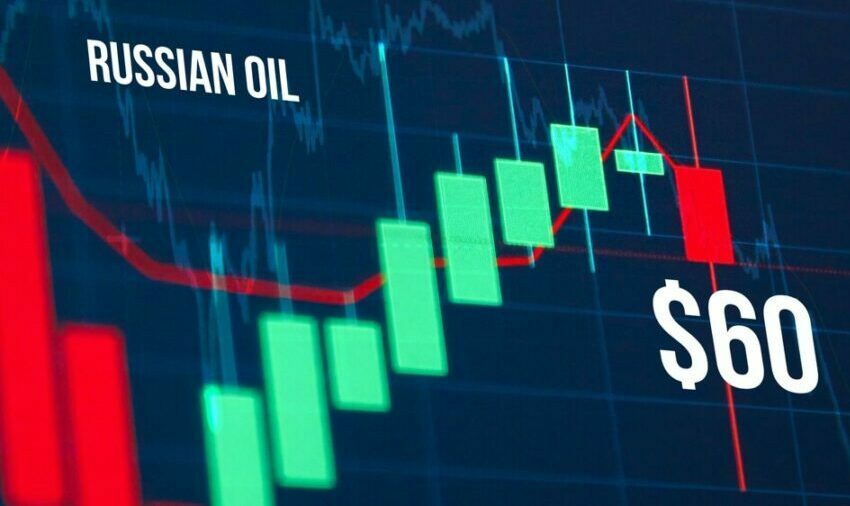After nearly two months of talks and disagreements, EU countries have reached an agreement on a “dynamic” gas price ceiling. Moscow called it an “unacceptable” measure.
Several EU countries have called for tougher measures to curb prices after wholesale prices for natural gas peaked in August as a result of the fallout from the Russian-Ukrainian war.
But the issue has caused many divisions among the bloc’s countries. While some sought an immediate reduction in gas prices that rose after the start of the Russian-Ukrainian war by capping the price of gas used for electricity generation, others, led by Germany, feared that a low ceiling on gas prices would push natural gas supplies to more profitable markets in Asia.
But in the end, Germany voted in favor of a ceiling of 180 euros per megawatt-hour, far lower than the one proposed by the European Commission.
The agreement will come into effect if the prices of contracts for the earliest maturity months on the Netherlands-based gas contract platform (TTF) exceed 180 euros/megawatt hours for three days.
According to a leaked document, the maximum can be applied from February 15, and will not apply to over-the-counter deals, initially.
The European Commission initially proposed that the ceiling be automatically activated once prices exceed 275 euros per megawatt-hour for two consecutive weeks, provided that it is at least 58 euros higher than the “global average reference price” for liquefied natural gas. But UNHCR’s conditions were relaxed without being completely revoked.
Read more: Europe might face a “much worse” energy crisis in 2023, Qatar warns
On Monday, natural gas pumped through pipelines traded below 112 euros per megawatt-hour. In the summer, the price of this material was about 340 euros per megawatt-hour.
“We did our job, we reached a deal,” Joseph Sekela., the Czech Republic’s industry minister, which holds the presidency of the Council of the European Union, told a news conference. “I accomplished another task that was impossible.”
“Europe will have a package of measures in place to help it prepare for the coming winter and protect citizens and businesses from sharp price volatility.”
Sekela stressed that what has been reached is not a strict ceiling, as prices are likely to exceed the maximum if prices in the LNG market rise above a certain level. “In other words, this is not a fixed ceiling but a dynamic one.”
Tinne van der Straeten, Belgium’s energy minister, wrote on Twitter: “Today, we reached an agreement on a proposal for a market correction mechanism to protect citizens and the economy from excessively high energy prices.”
“From the beginning, there was a common goal: to keep prices under control and secure supply. Today, we achieved that goal.”
Moscow responded to what was agreed. Kremlin spokesman Dmitry Peskov called setting a price cap on gas “a violation of market processes for setting prices,” adding that “any reference to price caps was unacceptable.”
For more on energy topics, click here.








